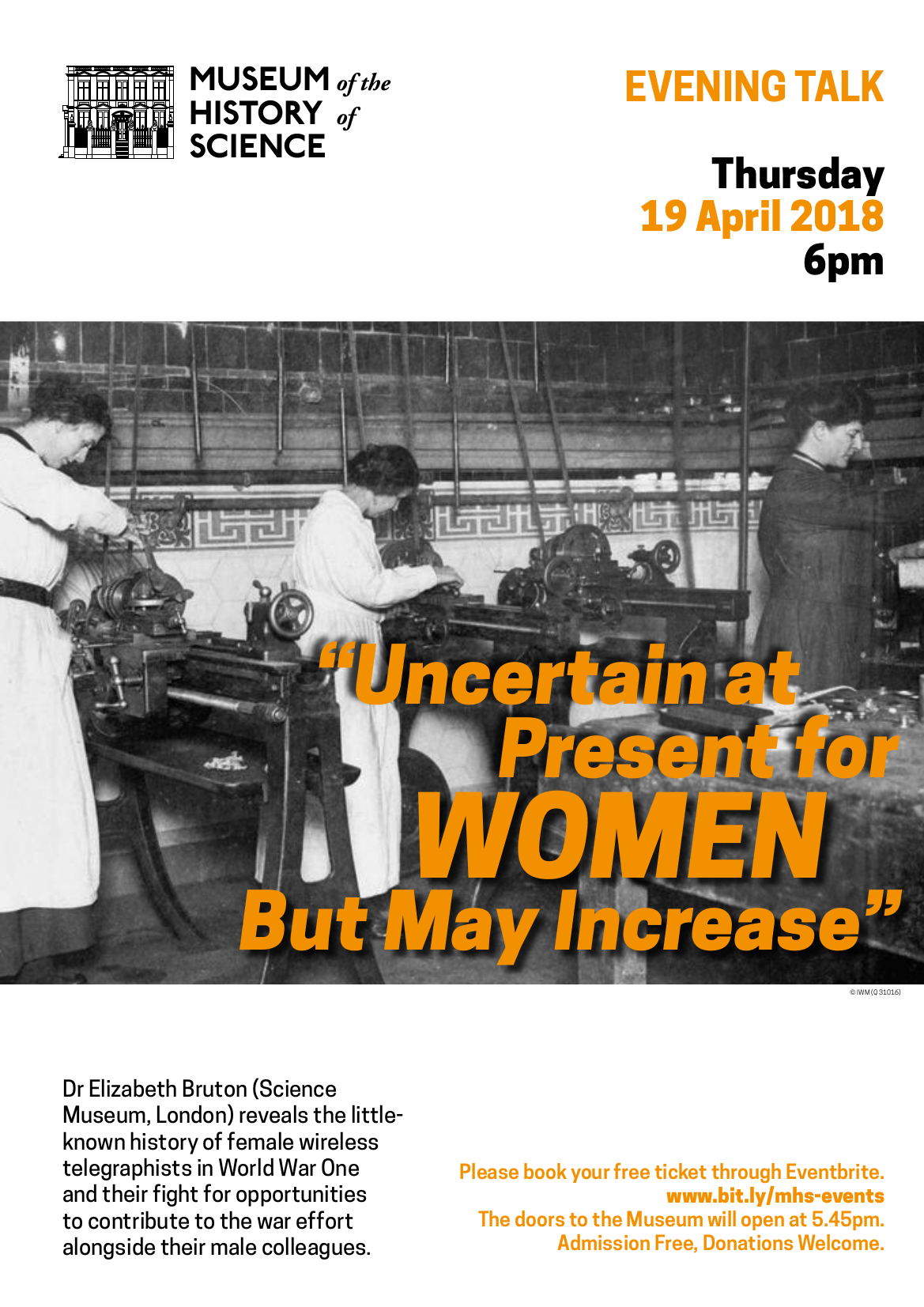Lest We Forget is a nationwide initiative, based in Oxford’s Faculty of English, which aims to record the stories, objects, and memories of the First World War. As part of this initiative, we invite local schools, libraries, and museums across the UK to hold their own WW1 Digital Collection Days, where members of the public can bring in their First World War objects and stories for digitization. The documented stories and objects will be uploaded to a free-to-use Oxford University database, where they will be freely accessible to all members of the public to discover, research, and learn.
And we are looking for Graduate Student Volunteers to help us run these important events! (Graduate Students with research interests in the First World War are particularly welcome, as are those with broad interests in twentieth century history and/or literature more generally).
This is a great opportunity to add to your CV! You will gain excellent experience in public engagement, event organization, and even teaching (as our work often involves presenting to/engaging with students); you can also gain experience in graphic design, as we are always delighted to have new and creative poster ideas! You will also be among the first researchers to view countless incredible objects relating to the First World War—letters, medals, diaries, scrapbooks, photographs…)
Interested? Get in touch with us! at ww1collections@it.ox.ac.uk OR, by directly emailing Lest We Forget Project Manager Dr. Nancy Martin at: nancy.martin@linacre.ox.ac.uk


 Raising armies is more than counting people, putting them into uniform, and assigning them to formations. It was, and remains, an exceedingly complex business. It demands efficient measures and processes for recruitment and selection in voluntary military systems and equally efficient measures for registration and assignment in armies built on conscription. It demands training establishments capable of transforming factory workers and farmers into riflemen, in addition to providing them with officers, staffs, and commanders to lead them. It demands balance between the needs of the armed services, industry, and agriculture. And, often overlooked, it demands medical services to mend soldiers when wounded, and programs and pensions to look after them when demobilised. How did the the British Empire and Commonwealth mobilize manpower for the armed services, agriculture, and industry during the two world wars? And how did they care for veterans, both able-bodied and disabled, when the fighting was over?
Raising armies is more than counting people, putting them into uniform, and assigning them to formations. It was, and remains, an exceedingly complex business. It demands efficient measures and processes for recruitment and selection in voluntary military systems and equally efficient measures for registration and assignment in armies built on conscription. It demands training establishments capable of transforming factory workers and farmers into riflemen, in addition to providing them with officers, staffs, and commanders to lead them. It demands balance between the needs of the armed services, industry, and agriculture. And, often overlooked, it demands medical services to mend soldiers when wounded, and programs and pensions to look after them when demobilised. How did the the British Empire and Commonwealth mobilize manpower for the armed services, agriculture, and industry during the two world wars? And how did they care for veterans, both able-bodied and disabled, when the fighting was over?